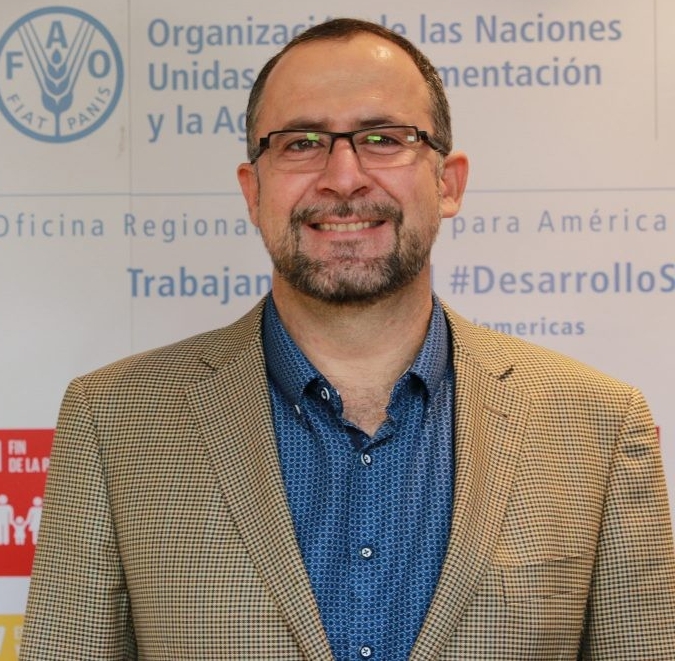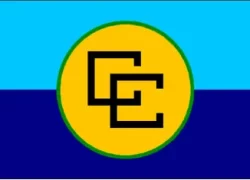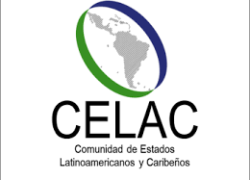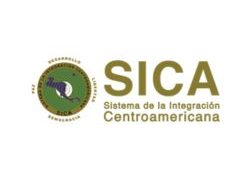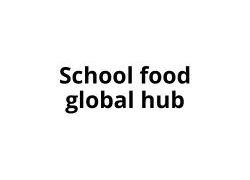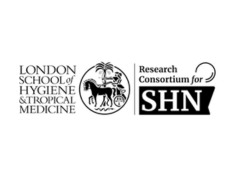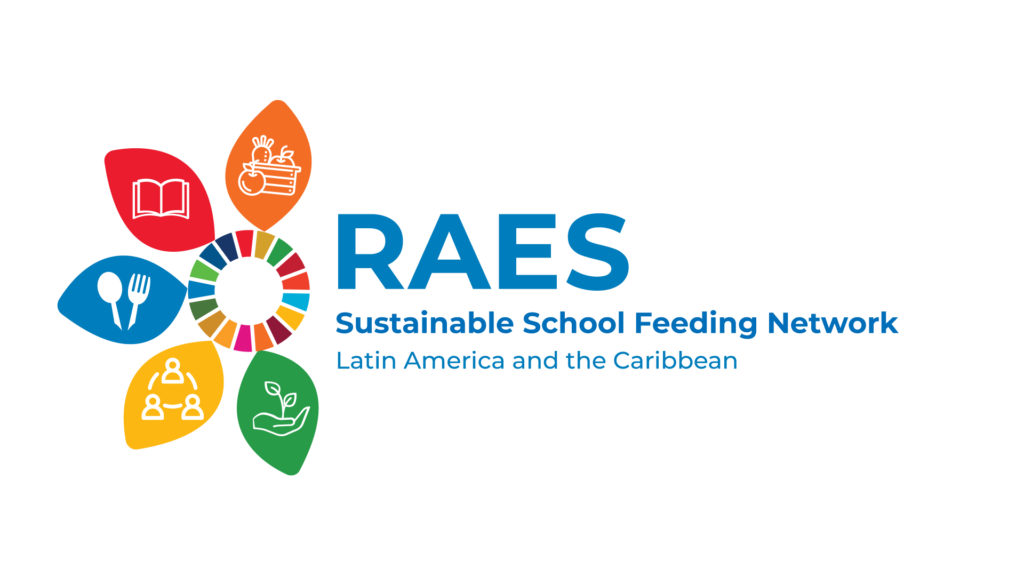
The Sustainable School Feeding Network is a strategy promoted by the Government of Brazil to jointly and broadly create solutions to the challenges of school feeding under the principle of the human right to adequate food.

The Sustainable School Feeding Network (RAES) is a strategy of the Brazil-FAO International Cooperation in school feeding, developed by the Government of Brazil, through the Brazilian Cooperation Agency (ABC/MRE) and the National Fund for Educational Development (FNDE/MEC), with the support of the Food and Agriculture Organization of the United Nations (FAO).
This network was launched in 2018 in the framework of the project Consolidation of School Feeding Programmes in Latin America and the Caribbean, which ended in 2023. In 2024, the new cycle of international cooperation began with the project entitled Regional Agenda for Sustainable School Feeding in Latin America and the Caribbean, with the commitment to strengthen national school feeding policies through the actions of the RAES.
The RAES was a response of these Brazilian institutions to the United Nations Decade of Action for Nutrition (2016-2025), promulgated by the UN General Assembly in 2016 following the recommendations of the Second International Conference on Nutrition, held in Rome in 2014. The Decade documents the commitment of world leaders to adopt national policies to eradicate hunger and malnutrition and to transform of food systems in favour of nutritious diets and access to healthy food for all people.
The network aims to support Latin American and Caribbean countries in implementing and reformulating their school feeding programmes and policies, based on the principle of the human right to adequate food. This means the provision of healthy, adequate, tasty and culturally appropriate food to all students, in adequate spaces, associated with food and nutrition education.
The creation of the network took into account the Brazil’s vast experience in school feeding, which spans more than 67 years. The programme is characterized by its wide coverage, benefiting more than 40 million students. It also took into account the experience of international cooperation developed from 2009 to date, along with the other actions promoted by FAO.
Since 2018, the RAES has made efforts to promote dialogue, develop capacities and exchange experiences and information, with a view to consolidating school feeding programmes in the Latin American and the Caribbean region and promoting the achievement of the Sustainable Development Goals.
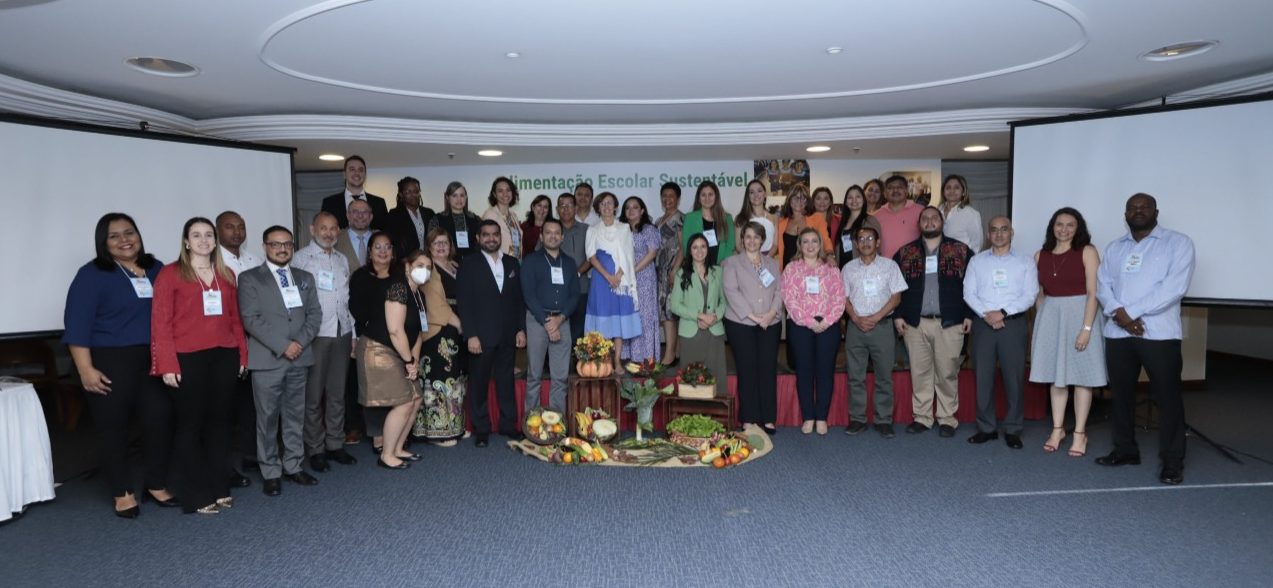
We are managers, technicians and collaborators from LAC countries who are responsible and committed to school feeding programs in our region.
Four axes base the work of the RAES:
Technical capacity building
Exchange of experience and information
Dialogue on challenges in the region
Support for improving the quality of national school feeding programmes and policies
Countries, alliances and co-operations participating in RAES activities:
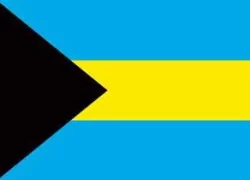
Bahamas
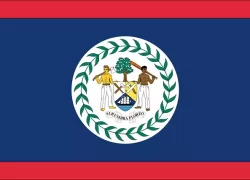
Belize
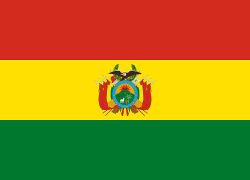
Bolivia
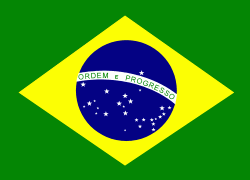
Brazil
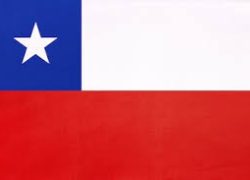
Chile
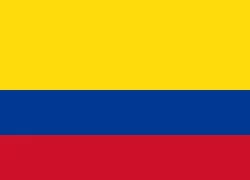
Colombia
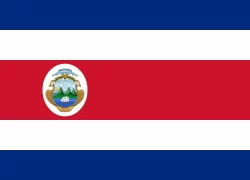
Costa Rica
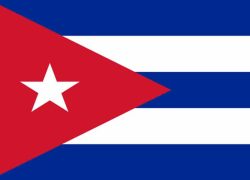
Cuba
Ecuador
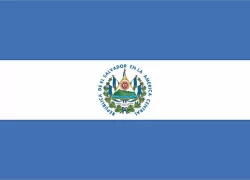
El Salvador
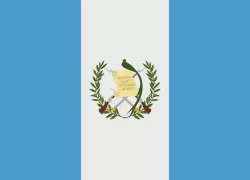
Guatemala
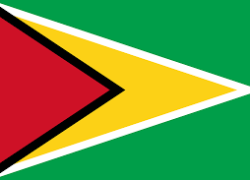
Guyana
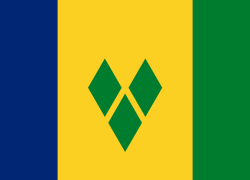
Grenada
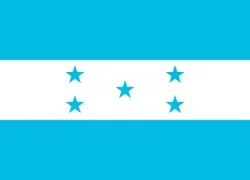
Honduras
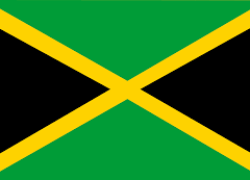
Jamaica
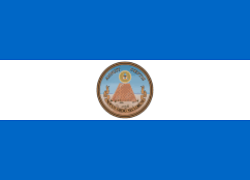
Nicaragua
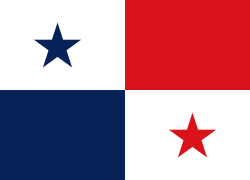
Panamá
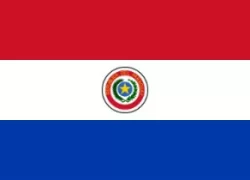
Paraguay
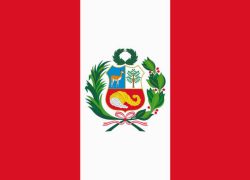
Peru
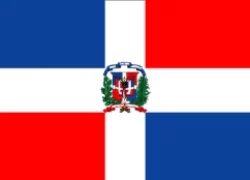
Dominican Republic
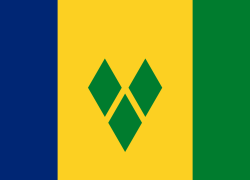
Saint Vincent and the Grenadines
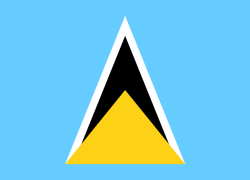
Saint Lucia
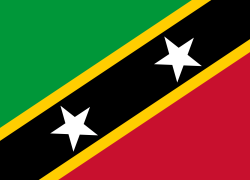
Saint Kitts and Nevis
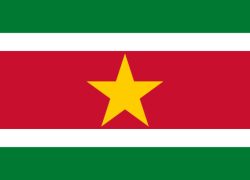
Suriname
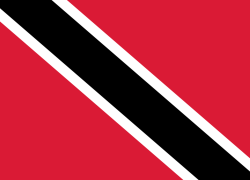
Trinidad and Tobago
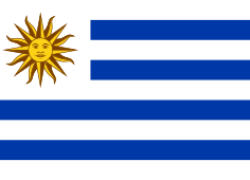
Uruguay
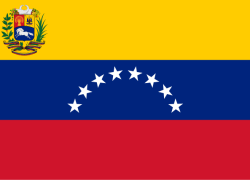
Venezuela
Video tutorial of the RAES page
Institutional video of the RAES
RAES timeline:
All signatory countries of FAO and WHO sign the Rome declaration on nutrition
2014
2016
Approval of the draft resolution in the UN Assembly – United Nations Decade of Action on Nutrition – 2016/2025
Brazil decides to manage five networks:
- Public Food Purchases;
- Reduced Sodium Intake;
- Production of Food Guides;
- Government/Food and Nutritional Security;
- Sustainable School Feeding.
Preparation of the conceptual note of the Sustainable School Feeding Network (RAES) Definition of 3 axes:
- Exchange of experiences;
- Staff training
- Dissemination of information.
2017
2018
launch of the RAES in the Week of Agriculture and Food, with Germany, Argentina, Bolivia, Brazil, Chile, Costa Rica, El Salvador, Spain, Granada, Guatemala, Haiti, Honduras, Italy, Jamaica, Panama, Paraguay, St . Vincent, Uruguay and Venezuela.
Delivery of letter of intent to the Milan Forum Underlining the importance of School Feeding (AE) as a mechanism of action to achieve the SDGs: Elaboration and realization of the Diploma in 12 countries (English and Spanish version);
Two technical tours
2019
2020
Dialogues and regional symposiums with 21 countries on school feeding supply in the pandemic;
- 1st edition of the Healthy Life Course for 1,800 students;
- Exchanges of experiences between countries.
- Regional dialogue on food waste;
- Implementation of actions in El Salvador;
- Exchange of experience between governments;
- Joint strategy to strengthen PAEs in the region (2020-2021)
- 2nd edition of the Healthy Life Course for nearly 3,000 students.
- Webnar on different modalities of EC in the pandemic.
2021
2022
- Launch of the RAES Platform – www.redraes.org.
- Publication of the document Situational state of Sustainable Schools 2021 (4 languages).
- Holding of virtual and face-to-face events.
- Holding of the 1st Meeting of RAES Focal Points in Brasilia.
- III edition of the course ‘School feeding as an educational strategy for a healthy life‘ (2,000 participants: Colombia, Guatemala, Peru and Dominican Republic).
- Development of the virtual training course for Caribbean professionals.
- Training of FNE tutors.
- Support for FNE activities in 8 countries.
- Launch of the podcast series ‘Getting to know the Sustainable School’ – Spotify and Soundcloud.
- Production of the ‘Healthy Living’ course in Portuguese.
- Technical missions to Panama, Peru and the Dominican Republic (with a course for Caribbean professionals).
- Organization of the II International Congress on School Food in Brasilia + RAES mission.
- Participation in the XX Latin American Nutrition Congress (SLAN).
- Final event of the project and launch of the new cycle of actions of the Brazil-FAO cooperation in the field of school feeding.
2023
2024
- Formal adhesion of 17 countries to the RAES.
- Participation of 6 countries in the Analysis of the Progress of School Feeding Programmes (AMPAE).
- Support to the implementation of the Sustainable Schools methodology in Chile and Uruguay.
- Training on the Sustainable Schools methodology for St. Kitts and Nevis and Cuba.
- Celebration of the international event marking the 15th anniversary of the Brazilian School Feeding Law.
- Participation in international events in Rome, Panama, Dominican Republic, Chile, Peru and Japan.
- 20 technical exchanges between LAC countries.
Authorities views about RAES
The Sustainable School Feeding Network consolidates, through international technical cooperation, Brazil's commitment to improve the quality of school feeding and promote a healthier and more sustainable food system for the different countries of Latin America and the Caribbean
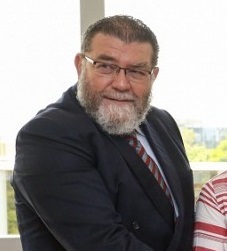
Within the consolidation of our Network, we have the necessary tools, based on international cooperation, to establish a new milestone for school feeding in Brazil and in the world. Each and every one of the actions on this theme, from now, can be thought of in the context of this alliance, so we can give the necessary response to the challenges that were imposed to the countries from 2020.
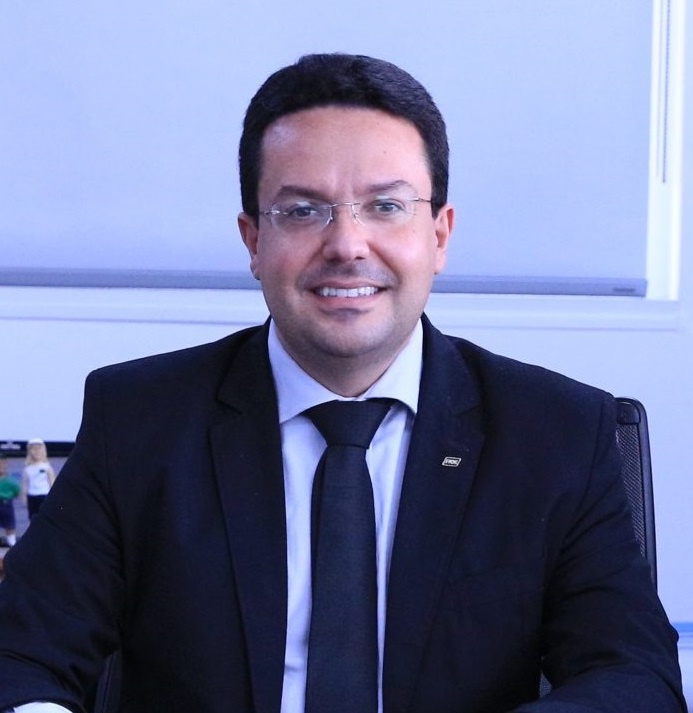
Due to the discussions on the transformation of food systems and the revisions that school feeding programs underwent in the pandemic, the actions of the RAES gain even more relevance, especially in this new stage, with its formalization and greater links with the countries. It is essential that FAO support and participate in initiatives of this nature.
